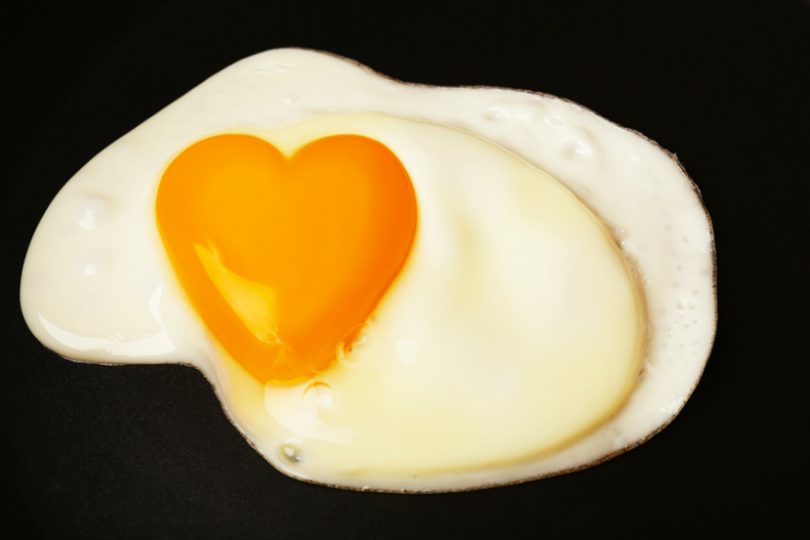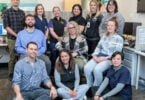Dr. Scott Lear eats eggs several times a week. Lately, they’ve been pan-fried in a little bit of vegetable oil. Sometimes, they’re hard boiled, especially when the cardiovascular researcher has a packed schedule. But he has never stopped eating eggs, even after getting his personal diagnosis with heart disease in 2017. Now, his own research has proven him right.

“Eggs are fine for a heart-healthy diet,” states the St. Paul’s Hospital Pfizer/Heart and Stroke Foundation Chair in Cardiovascular Prevention Research.
This is the key finding of the study, published in the American Journal of Clinical Nutrition last month. Researchers looked at data from 177,000 people, some with cardiovascular disease, from 50 countries to see if eating eggs made a difference in their blood cholesterol levels. They found NO association between ‘moderate’ egg intake – one egg a day – and cholesterol, heart disease or death.
Love-hate relationship with eggs
There have been many conflicting studies on eggs over the years, the latest just last spring. “Eggs are the Jekyll and Hyde of foods,” says Dr. Lear, who is also a Health Sciences professor at SFU. “No single food comes close to being studied as much or stirring up so much controversy. Eggs are the food we love, and also the food we love to hate.”

Dr. Lear says here is where all the controversy originates: eggs are high in cholesterol, and cholesterol in the blood is proven to increase the risk of heart disease. But he says the most important thing to remember, “There is very little relationship between dietary cholesterol, or what we eat, and cholesterol levels in your blood.”
But why is there so much conflicting information?
There are several reasons why eggs seem to be the poster child for controversies around research into nutrition.
First of all, they are easy to study. They come in a perfectly packaged serving size, which makes it easier for study participants to remember exactly how much they ate. “For example, if you ask people how many pork chops they ate, and how big each pork chop, it is much more challenging to collect accurate data,” explains Dr. Lear.

The other problem is nutritional studies are most often based on self-reported food records, which are notoriously inaccurate. Then the researchers wait a number of years to see what happens to the participants. A lot can change in that time – did that person stop eating eggs, eat fewer eggs or more eggs, or eat something else instead of eggs?
And lastly, Dr. Lear says many studies are US-based, “The majority of subjects are high socio-economic status and predominantly white.” His recent results came from the large Prospective Urban Rural Epidemiology (PURE) study, based at McMaster University. He points out the PURE study, compared to most other studies, has much greater diversity across countries, socio-economic status, and rural and urban populations.
(Read more about a previous PURE study on exercise, led by Dr. Lear.)
Eggs are part of a balanced diet
The bottom line, according to Dr. Lear, “Egg whites are extremely nutritious, eggs are high in protein, and also cheap. Based on these factors, my personal opinion is, even if there is a very small risk from eating eggs, the benefits could outweigh any of those small risks.”

Turns out a lot of the data coming from the PURE study suggests the best diet is ultimately the boring one – eat foods in moderation and as close to their natural state as possible.
That means you should be mindful of how you eat your eggs. Doused in Hollandaise sauce with a side of deep fried hashbrowns and bacon? Maybe only once in a while.
Dr. Scott Lear has a blog where he writes about various health topics. Read his post from March 2019 about eggs for more.





